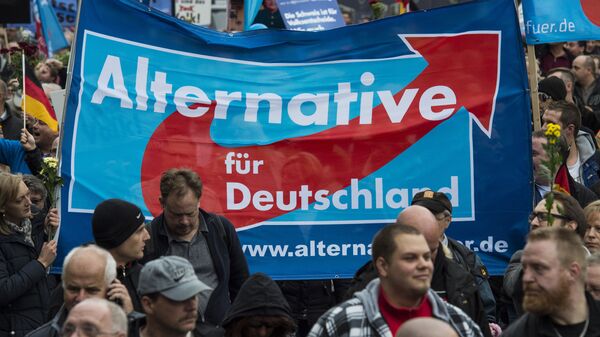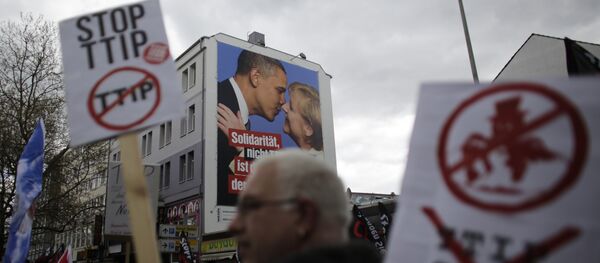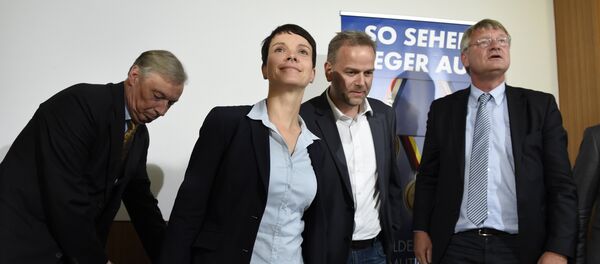Angela Merkel's Christian Democratic Union (CDU) party suffered a heavy defeat in regional elections held on Sunday in the north German state of Mecklenburg-Vorpommern.
The chancellor's party, which governs Germany in coalition with the Social Democratic Party (SPD) and its Bavaria-based sister party, the Christian Social Union (CSU), came in third place in the elections.
The CDU received just 19 percent of the vote, finishing behind the SDP (30.6 percent) and right-wing newcomers Alternative for Germany (AfD), which received 20.8 percent of the vote.
"Today is probably the beginning of the end of Angela's Merkel's chancellorship," commented Leif-Erik Holm, a leading AfD candidate for the regional parliament in Mecklenburg-Vorpommern.
"The SPD actually did better than expected. That could be because a week before the election SPD leader and Vice-Chancellor Sigmar Gabriel actually broke ranks with Merkel and moved his party towards a more anti-immigrant stance than was previously the case," Newton explained.
Newton said that with federal elections set to take place next autumn, the SPD is seeking to differentiate itself from its coalition partners.
In the last German federal elections in 2013, the CDU and CSU won 311 of 598 seats in the Bundestag. Gabriel's SDP was next, with 193 seats, followed by Die Linke with 64 seats and the Greens with 62 seats.
The right-wing AfD was formed in 2013 in the aftermath of the European debt crisis. The Eurosceptic party opposed the bailout deal which EU creditors struck with Greece, and opposes the open-border policy espoused by the EU and Angela Merkel.
The AfD's performance in Germany's next regional elections, held in Berlin on September 18, could be another indicator of its fortunes in next year's federal election. In Berlin's last state election in 2011 the SPD won almost one-third of seats, followed by the CDU and the Greens.
Newton said that "it would be a major surprise if AfD did not win seats in the Bundestag," but that the party is nevertheless unlikely to be given a role in the government of Germany.
"The net consequence of that is still most likely to be a CDU-led grand coalition with the SPD."




